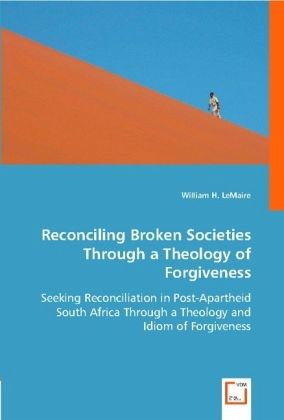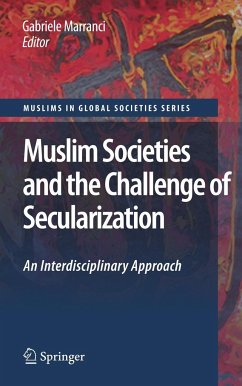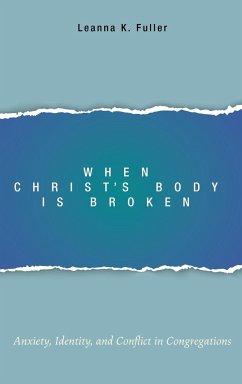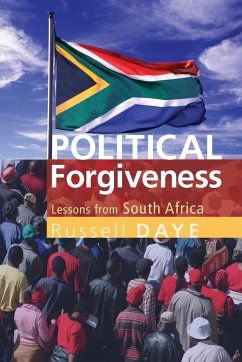
Reconciling Broken Societies Through a Theology of Forgiveness
Seeking Reconciliation in Post-Apartheid South Africa Through a Theology and Idiom of Forgiveness
Versandkostenfrei!
Versandfertig in 6-10 Tagen
32,99 €
inkl. MwSt.

PAYBACK Punkte
16 °P sammeln!
Forgiveness, typically viewed in terms of personal relations or the church confessional, is largely or wholly absent from todays public and foreign policy discourse. However, for South Africas Truth and Reconciliation Commission (TRC), forgiveness, framed in Christian theology and expressed in religious idiom, became the metanarrative that characterized the TRCs formula for national reconciliation. The efficacy of evoking personal forgiveness and interpersonal reconciliation in conflict resolution arenas is explored in this monograph. It especially examines the question of whether forgiveness ...
Forgiveness, typically viewed in terms of personal relations or the church confessional, is largely or wholly absent from todays public and foreign policy discourse. However, for South Africas Truth and Reconciliation Commission (TRC), forgiveness, framed in Christian theology and expressed in religious idiom, became the metanarrative that characterized the TRCs formula for national reconciliation. The efficacy of evoking personal forgiveness and interpersonal reconciliation in conflict resolution arenas is explored in this monograph. It especially examines the question of whether forgiveness is a sufficiently robust motive force to break or interrupt intractable cycles of violence.Accordingly, its examination yields new insight into whether or not this unique fusion of secular agency and religious values holds promise for future efforts in post-conflict reconciliation.












